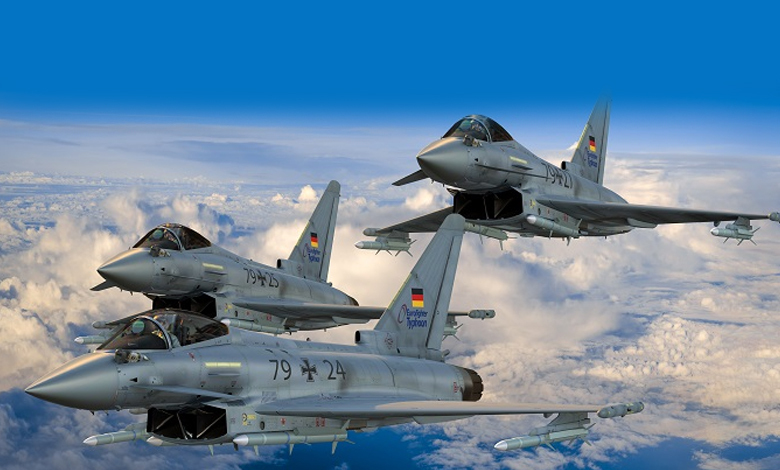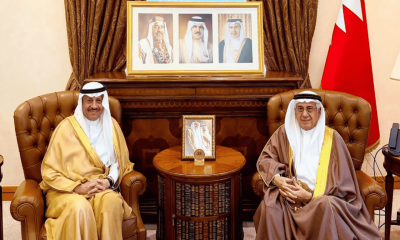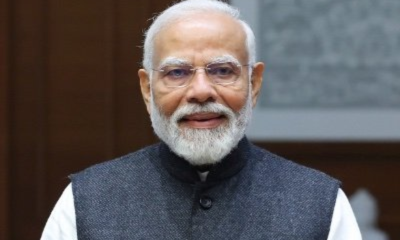As the Israel-Hamas conflict unfolds, the ripple effects are reaching far beyond the Middle East, prompting a renewed debate in Germany on the sale of jets to Saudi Arabia.
Several ministers in Berlin are reassessing their stance on diplomatic relations and arms trade with the Gulf kingdom, adding a layer of complexity to Germany’s foreign policy in the tumultuous Middle East region.
The Israel-Hamas Conflict and its Impact
The recent escalation in the Israel-Hamas conflict has reignited geopolitical discussions worldwide. In Germany, the conflict has prompted a reevaluation of its diplomatic and arms trade relations, particularly concerning the sale of jets to Saudi Arabia. The historically complex nature of Middle Eastern politics has placed Germany in a delicate balancing act, navigating relationships with both Israel and Saudi Arabia.
The conflict has prompted several German ministers to reconsider their approach to arms exports, particularly in the context of Saudi Arabia. While Germany has historically been cautious about arms sales to countries involved in regional conflicts, the current geopolitical landscape is pushing policymakers to reassess their positions. The debate centers on finding a balance between supporting strategic allies and addressing human rights concerns.
Human Rights Concerns and Diplomatic Balancing Act
Germany has long faced criticism over its arms exports, with human rights organizations expressing concerns about weapons potentially being used in conflicts with severe humanitarian consequences. The Israel-Hamas war has intensified these concerns, leading to a fresh examination of Germany’s arms trade policies. Striking a balance between geopolitical interests and human rights considerations is proving to be a challenging task for German policymakers.
The Middle East conflict’s influence on Germany’s stance toward Saudi Arabia extends beyond diplomatic considerations. The Gulf kingdom has been a significant buyer of German military equipment, including jets, in the past. Any shift in Germany’s position could have economic implications, affecting the defense industry and potentially straining economic ties between the two nations.
Public Opinion and Political Dynamics
Public opinion in Germany plays a crucial role in shaping the government’s stance on arms exports. The Israel-Hamas conflict has sparked public demonstrations and calls for a reevaluation of Germany’s role in the arms trade. The debate is further fueled by political dynamics, with different parties expressing varying opinions on how Germany should navigate its foreign relations amid the Middle East conflict.
International Repercussions
Germany’s decision on arms sales to Saudi Arabia has broader international repercussions. It is not only about bilateral relations but also about Germany’s role within the European Union and its commitment to global peace and stability. The ongoing debate underscores the interconnectedness of international geopolitics and the intricate web of diplomatic relationships.
As the Israel-Hamas conflict prompts a reassessment of Germany’s stance on arms sales to Saudi Arabia, policymakers find themselves navigating a complex and evolving landscape. Striking a balance between economic interests, strategic partnerships, human rights considerations, and public opinion is a delicate task. The outcome of this debate will not only shape Germany’s role in the Middle East but also contribute to the broader discourse on responsible arms trade and international relations. The complexities of the region demand a nuanced approach that reflects the interconnected nature of global geopolitics.
Read More: Ne’Ma Roadmap: UAE’s Bold Move to Slash Food Waste by 50%






















